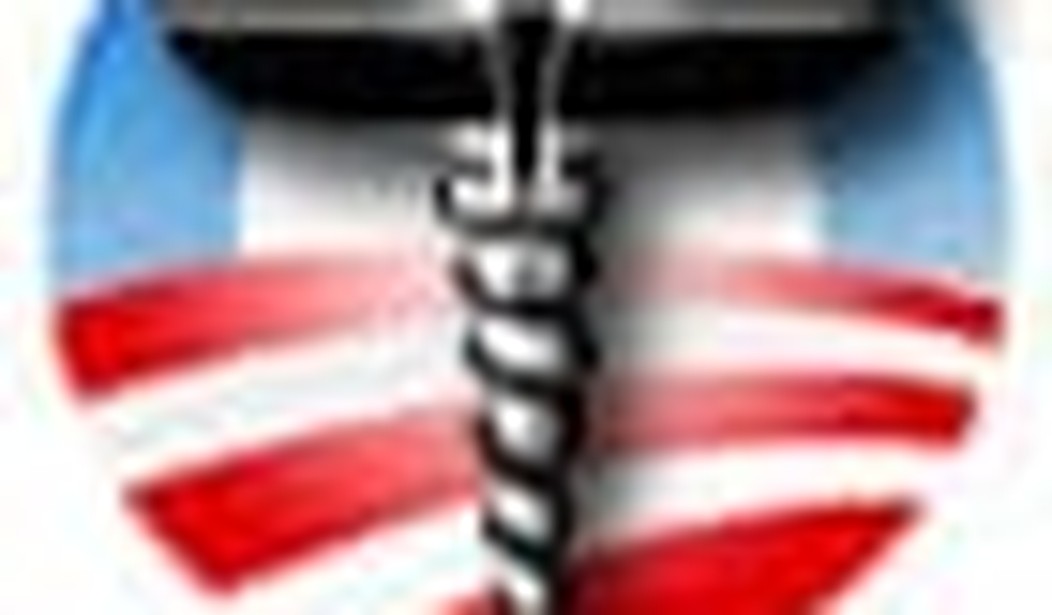You might believe the ObamaCare offers the only way to cover people with pre-existing conditions — if you read only Colorado Public News’s misleading “fact check” on Colorado representatives and the contested health care bill. Actually, ObamaCare makes things worse, not better, for people with pre-existing conditions. Our representatives should support better alternatives.
ObamaCare requires insurers to offer a policy to any applicant, at pretty much the same price regardless of the applicant’s health or expected medical expenses. If such price controls sound wise, imagine if restaurants had to charge the same price for steaks and burgers.
Restaurants would make larger profits on burgers, but possibly lose money on steaks. They would cater to burger eaters and make lousy steaks to repel steak lovers. Some steakhouses would close. Others would become burger joints.
Sound far-fetched? Consider Colorado’s insurance market. The Denver Business Journal reports that insurers are “selling policies outside of the health realm” because ObamCare’s controls “cut into profit margins.” Because of new insurance price controls, six insurers have stopped selling child-only policies in Colorado, and Aetna has left Colorado’s individual market entirely.
Patients with pre-existing conditions would be better off without price controls. Insurers would actually want their business, and hence design products that appeal to such customers. Government should respect insurers’ right to price policies as they see fit. Instead of imposing damaging price controls, politicians could support subsidies — or better yet, private charities — that cover the increase in premium.
Such subsidies would not be as common or large as politicians let on. Very few of the uninsured are uninsurable: “less than 1 percent of the population,” writes health care economist Mark Pauly. A Department of Health and Human Services survey had similar conclusions. When last spring’s health control law created high-risk pools for the uninsurable, Medicare’s chief actuary predicted that 375,000 people would enroll. By December, only 8,000 had done so.
Even without subsidies, those paying higher premiums because of pre-existing conditions get a good deal. Professor Pauly found that high-risk customers pay “on average, about 1.6 times those of lower risks” while incurring four times more expenses.
Absent destructive price controls, insurers could address the pre-existing conditions problem with innovative products that guarantee your future insurability. For example, “health status insurance” would pay for increased medical insurance premiums that result from your getting sick. UnitedHealth’s Continuity rider is a version of this.
The best way to avoid having a pre-existing condition is to buy insurance when you’re healthy and avoid lapses in coverage. But politicians make this difficult by enforcing an unfair tax code that favors job-based insurance over individual insurance. With job-based insurance, losing your health can mean losing your job, and your insurance.
Not so with insurance you buy directly from insurers. Based on his research, Professor Pauly concludes that job-based insurance “leaves a person who becomes high risk more vulnerable to dropping or losing … coverage than does individual insurance.”
For many years — and without government mandates — many individual policies have been guaranteed renewable. Insurers could not increase your premiums or drop coverage when you got sick. This would be illegal, a violation of the insurance policy’s contract. A 1997 regulation mandated that all plans have such provisions. This makes the ObamaCare’s redundant “consumer protection” on this matter a fraudulent selling point.
Another way to mitigate pre-existing condition problems is to repeal controls that make insurance unaffordable for many. To different degrees, states outlaw economical policies by requiring that all policies cover treatments you may neither want nor need. University of Minnesota economists estimate that allowing people to buy cheaper policies sold in other states would make insurance affordable for twelve million uninsured Americans.
Like a hammer that sees every problem as a nail, many politicians think the solution to every problem is legislation that erodes our liberties. Instead, they should consider how such controls contribute to these problems, and how free markets provide solutions.









Join the conversation as a VIP Member